The European Researchers' Night is an initiative created in 2005. Funded by the European Commission, it aims to bring researchers and science closer to society, celebrating it throughout the year with various activities, more specifically at an event held in September, in various locations and cities in Europe.
This year, the event, which FMUL attended for the first time, took place in Lisbon at the Natural History Museum on 27 September.
The GIE, in partnership with the CAF LAB (Cardiovascular Autonomic Function Lab) and also with the support of LEGO, had as its main topic “Science in the City”.

With this main topic and as a sub-theme "Preservation of Cultural Heritage", our challenge was to relate the preservation of cities and the health of citizens, for a better quality of life and well-being for all. Thus, keeping in mind a pedagogical and playful aspect, we created a set of activities so that children, in a light and fun way, can reflect on what we can do to improve the environment in which we live.
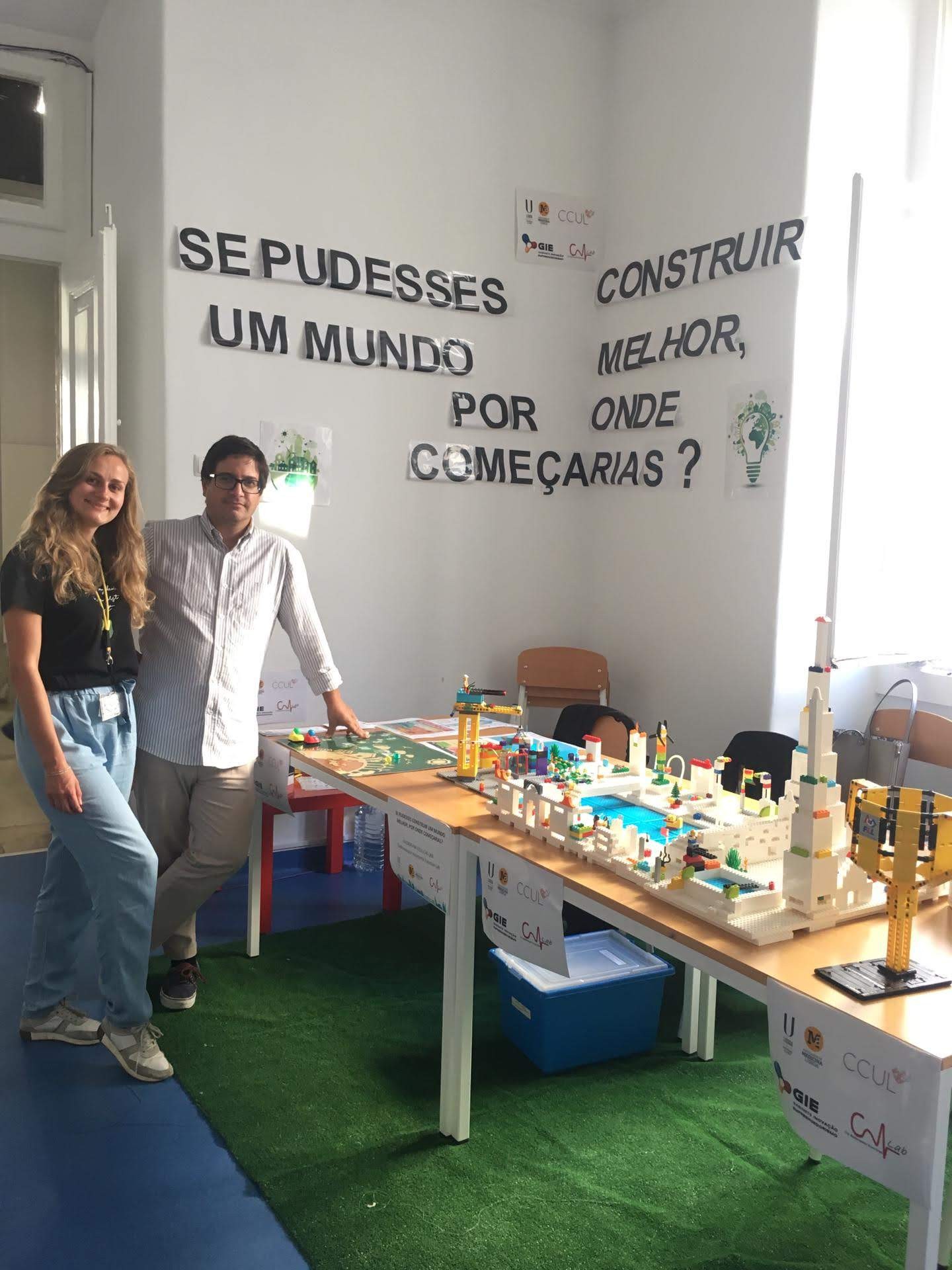
So, with a challenging question, “If you could build a better world where would you start?”, we had two distinct activities:
- A big LEGO city, where children were invited to change this city to be more environmentally friendly, and also to build new structures that would help make this city more sustainable and healthier for everyone.

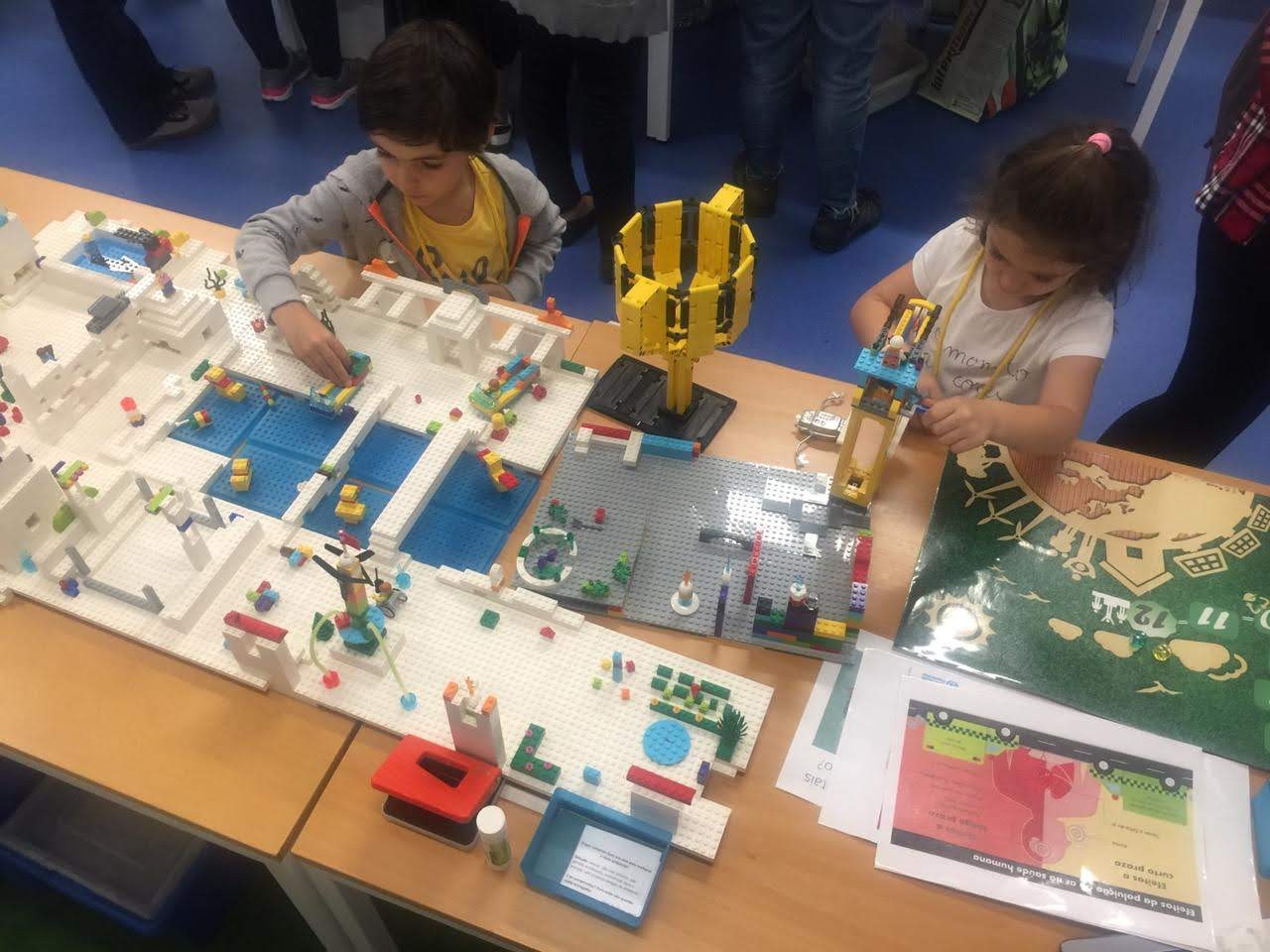
- An environmental board game where kids and adults had to answer questions about the environment and the impact of pollution on people's health and society so that as they progressed they could finish the game and eventually win the sustainability trophy!

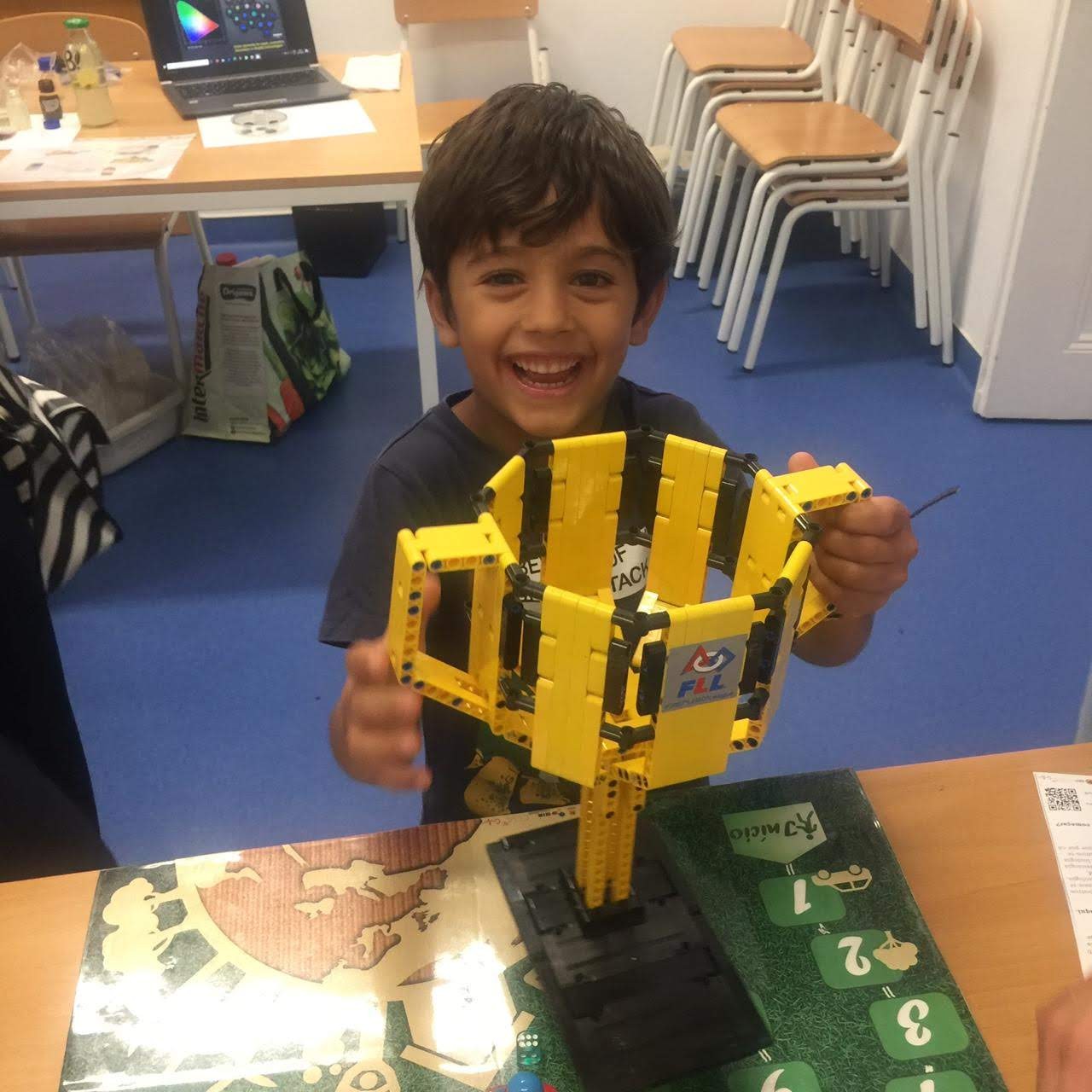
More than 150 children and their educators, family and friends visited us, reflecting a little on how to achieve a healthier environment for both people and our cities and to create new sustainable and creative solutions.
It was a fantastic and fun night. We feel that we have contributed in an innovative and disruptive way to the development of reflection on our cities, our health and how by improving one can help the other in a sustainable and happy way.
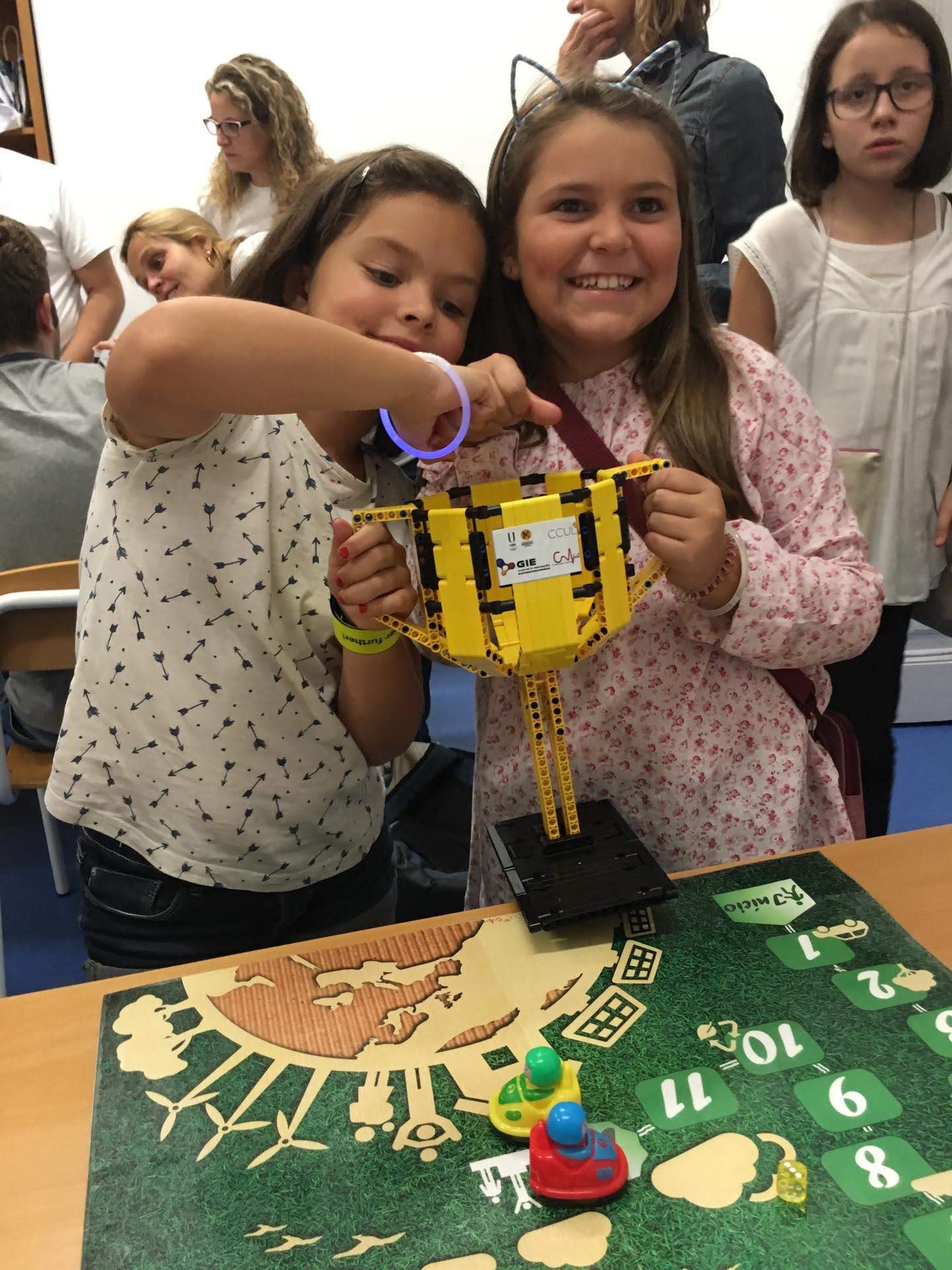
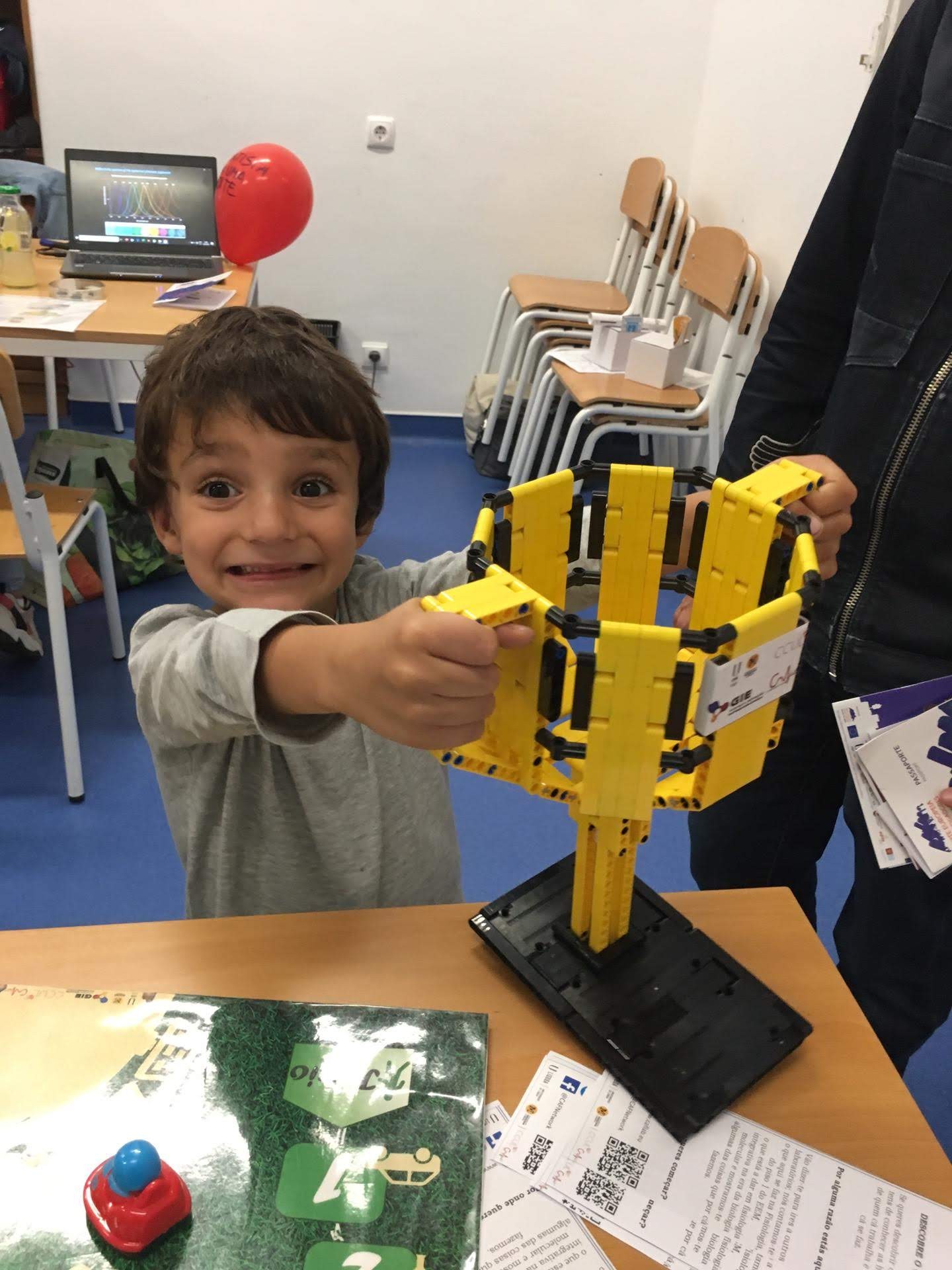
Sónia Teixeira
Editorial Team

